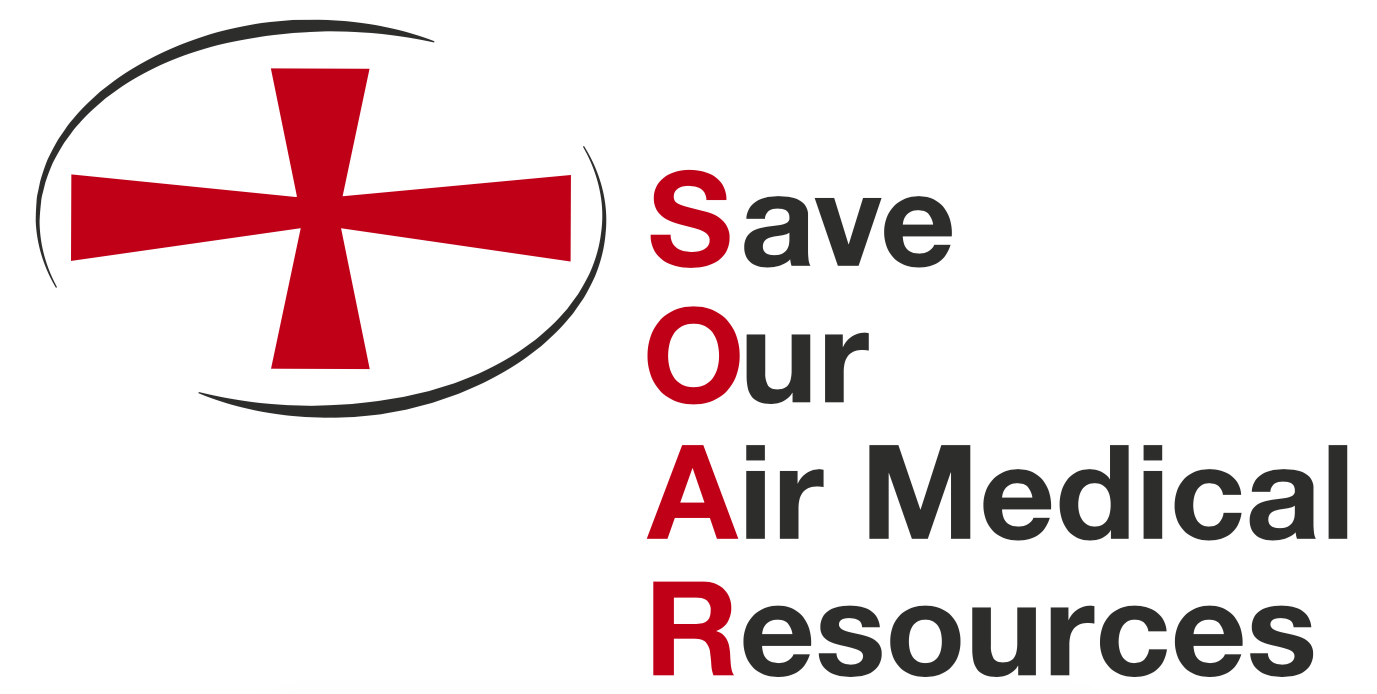Policymakers Should Collect Data and Get to the Root Cause of Surprise Billing
WASHINGTON, D.C. – A recent state of Wyoming’s Department of Public Health report shows that most air medical transport patients pay little or nothing for these emergency services, dispelling inaccuracies and misperceptions about balance billing within the industry.
The May report analyzed balance billing by emergency air medical providers and provided policy proposals to take patients out of the middle. The report found that the average out-of-pocket payment for emergency air ambulance transports by patients with private insurance is $300, with approximately 90 percent of those patients paying nothing. According to the report, of the 10 percent who do pay something for their transport, the median amount paid is $700. This aligns with research conducted by Xcenda which found that the average cost paid out-of-pocket by patients is $600.
“Thirty percent of all emergency air medical transports are for patients with private insurance and balance bills occur when a patient’s private insurer refuses to pay for the life-saving service,” said SOAR spokeswoman Carter Johnson. “The State of Wyoming’s report demonstrates that anecdotal stories about large balance bills don’t measure up to the data.”
Americans think insurers should pay for emergency air transport. A survey by the American College of Emergency Physicians found that 81 percent of Americans believe their insurance companies should pay for surprise medical bills and more than half – 54 percent - of survey respondents said they received a surprise bill because their insurance did not cover the medical treatment they received.
“If policy makers want solutions to this issue, they must first look at real data and address the root cause – chronic under-reimbursement by government payers and denials by private insurers,” continued Johnson. “Seventy percent of emergency air medical flights are covered by Medicare, Medicaid or are for patients with no insurance. Medicare only reimburses 59 percent of the cost of transport and Medicaid on average only reimburses 34 percent. This has led to immense financial challenges for the industry, as evidenced by the 32 air bases that have closed across the country since the start of this year.”
Private insurers also deny reimbursement for these services. Approximately half of all air medical claims are denied by insurance companies, either on the basis of network status or medical necessity. This despite the fact that 100 percent of emergency transports are ordered by an EMT or attending physician based on medical necessity.
“The legislative remedies to balance billing currently under consideration in Congress, while perhaps well intentioned, are misguided. But there is a better way. Congress already passed legislation last year calling for the U.S. Department of Transportation to collect cost data from the industry and develop recommendations for protecting patients from balance billing. This process must be allowed to move forward, before harmful legislation can be passed that puts these services at risk. By working together to address private insurer and government payer reimbursement, we can take patients out of the middle and protect access to the care they need in an emergency.”

